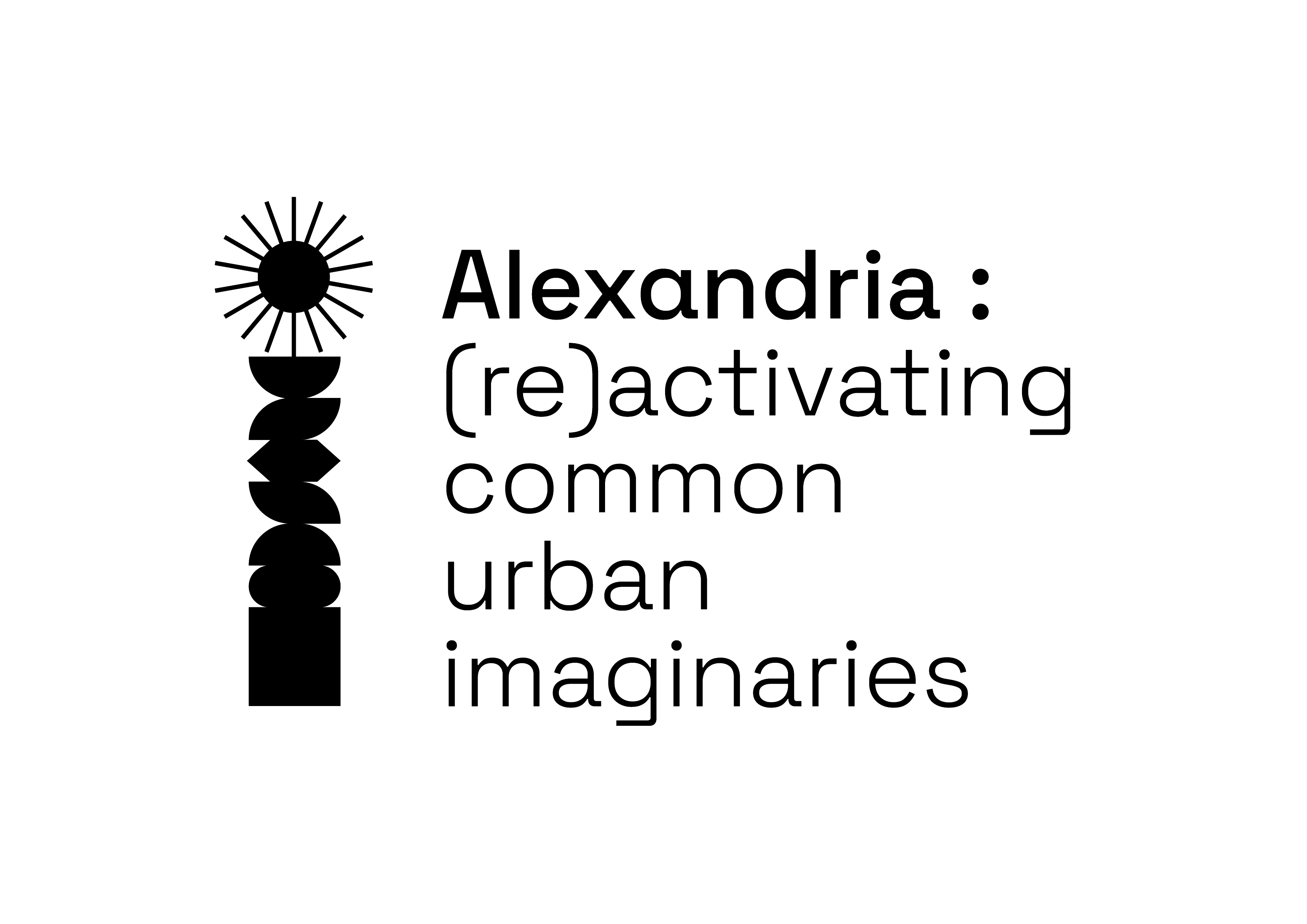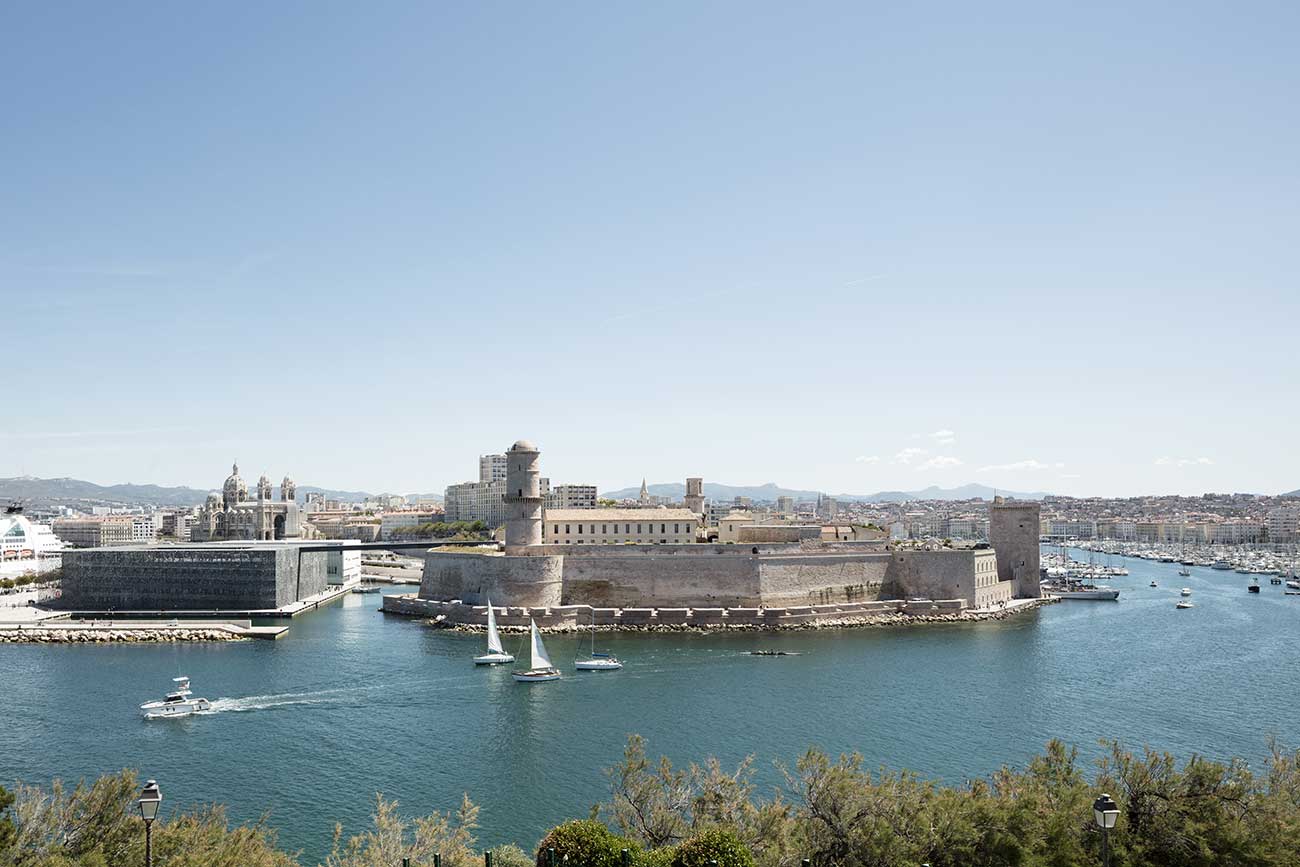
Mucem 2019 © Cyrille Weiner, Mucem
International relations
The Mucem, a place of knowledge and exchange, open to the world
The Mucem’s international action happens at the intersection between the Mediterranean and European worlds. Inviting multiple perspectives and historical trajectories, and being a museum not of civilization but of civilizations, with all the strength of their singularities and their points in common. Out of a strategy based on exchanges, a far cry from a push for international influence, the Mucem shifts perspectives and overturns angles and approaches.
This is why the Mucem works to build strong partnerships founded on reciprocity with museums and institutions in the Mediterranean and Europe. Here a joint exhibition with Istanbul Modern, there an agreement with the National Foundation of Museums of the Kingdom of Morocco, a strong partnership with the Benaki Museum in Athens, or a tie to Alexandria, Brussels or Berlin, such as participation in certain European Union programmes.
The Mucem also has an International Council, made up of Mediterranean and European decision-makers and cultural figures. That International Council is a forum for exchanges, a think tank and a project lab on an international scale. This institutional, heritage dimension is vital to a national museum and is extended by an original approach focused on artists, collectives and emerging locations, born in the streets of Athens, Madrid or Rome, or from the “Arab Revolutions” that launched new actors and new spaces for dialogue. It is around this constellation of places that a project-oriented Mediterranean might take shape. Far from a merely institutional or national approach, the Mucem is there to listen to all these new actors, which is actually one of the priorities of its international actions.
The Mucem also aims to be a venue for exchanging knowledge and expertise. Through the Mediterranean Institute for Heritage Professions (I2MP), it has created a meeting place where Mediterranean professionals can come to discuss their shared problems: restoring and showcasing mosaics, developing archaeological sites, collecting a living heritage, etc. All these themes are covered by a training programme that is gradually enriched by the needs and expectations of our international partners.
Touring Exhibitions European Projects
- Shared Sacred Sites
Touring exhibition -
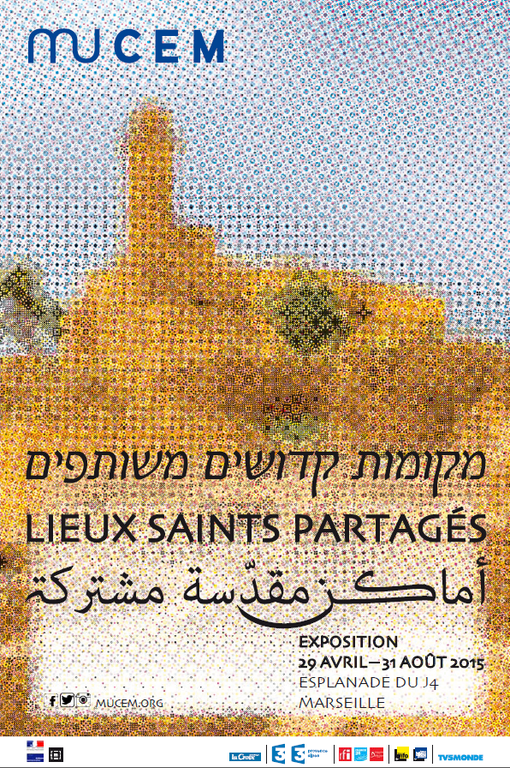
The exhibition at the Musée Notre-Dame de la Garde will run from September 16, 2023 to early January 2024.
Shared Sacred Sites focuses on a phenomenon little known to the general public, yet very present in the Mediterranean region: holy places shared by the faithful of different religions.
First presented in Marseille in 2015, the exhibition then went on tour to Tunis, Marrakech and Paris.
— Dar el Bacha Museum
From December 18, 2017 to March 19, 2018
— Musée national de l’histoire de l'immigration (Paris, France)
From October 24, 2017 to January 21, 2018
— Bardo Museum (Tunis, Tunisia)
From November 19, 2016 to February 12, 2017
Musée Notre-Dame de la Garde (Marseille, France)
From September 16, 2023 to early January 2024
- Barvalo,
Touring exhibition -
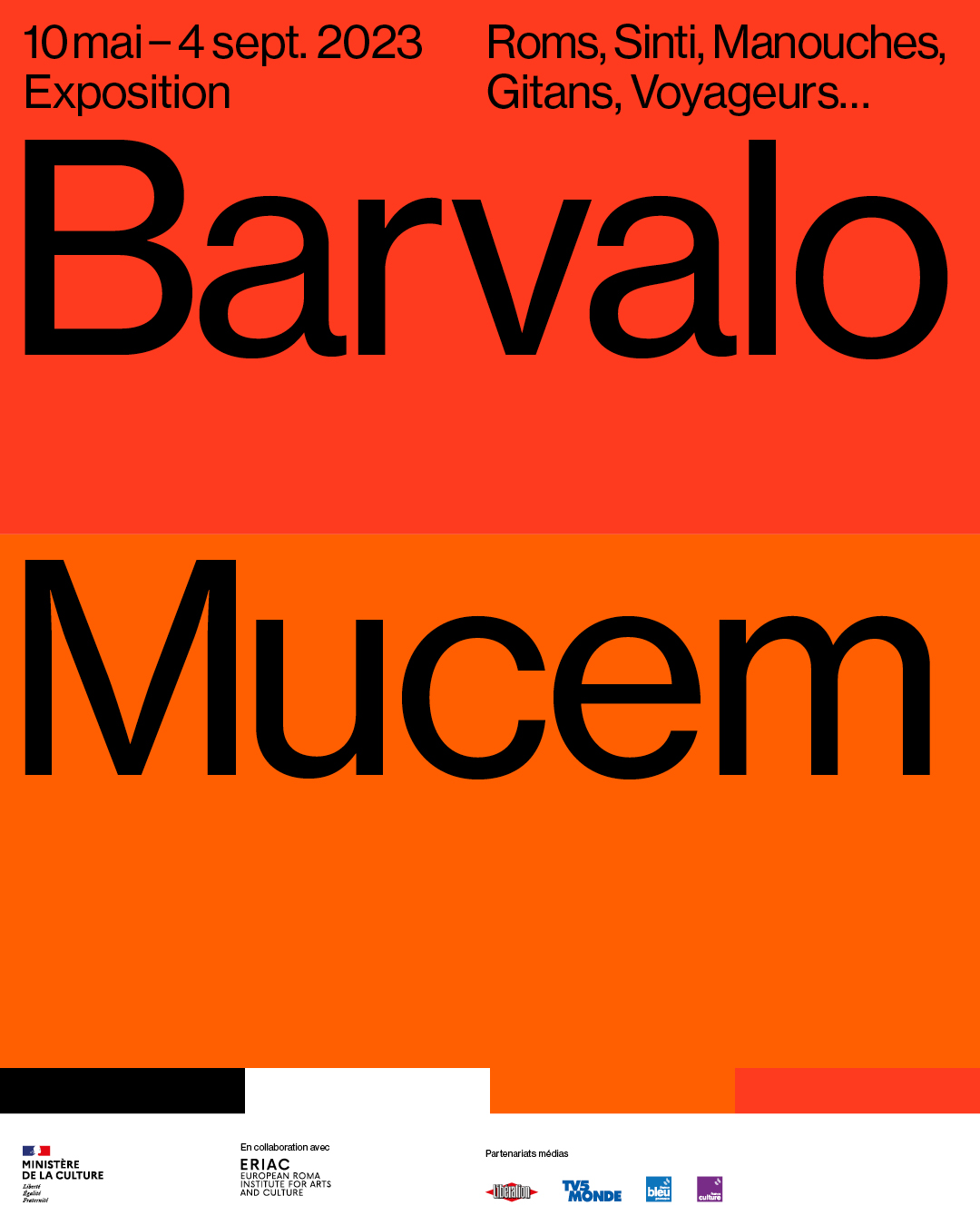
In Romani, barvalo means "rich" and, by extension, "proud". This polysemous word is the title of a new exhibition at Mucem devoted to the history and diversity of the Romani populations of Europe. A history that is inseparable from that of antigypsyism, against which those who are sometimes still called "Gypsies" have been fighting for a thousand years.
- Reading the stars
Touring exhibition -
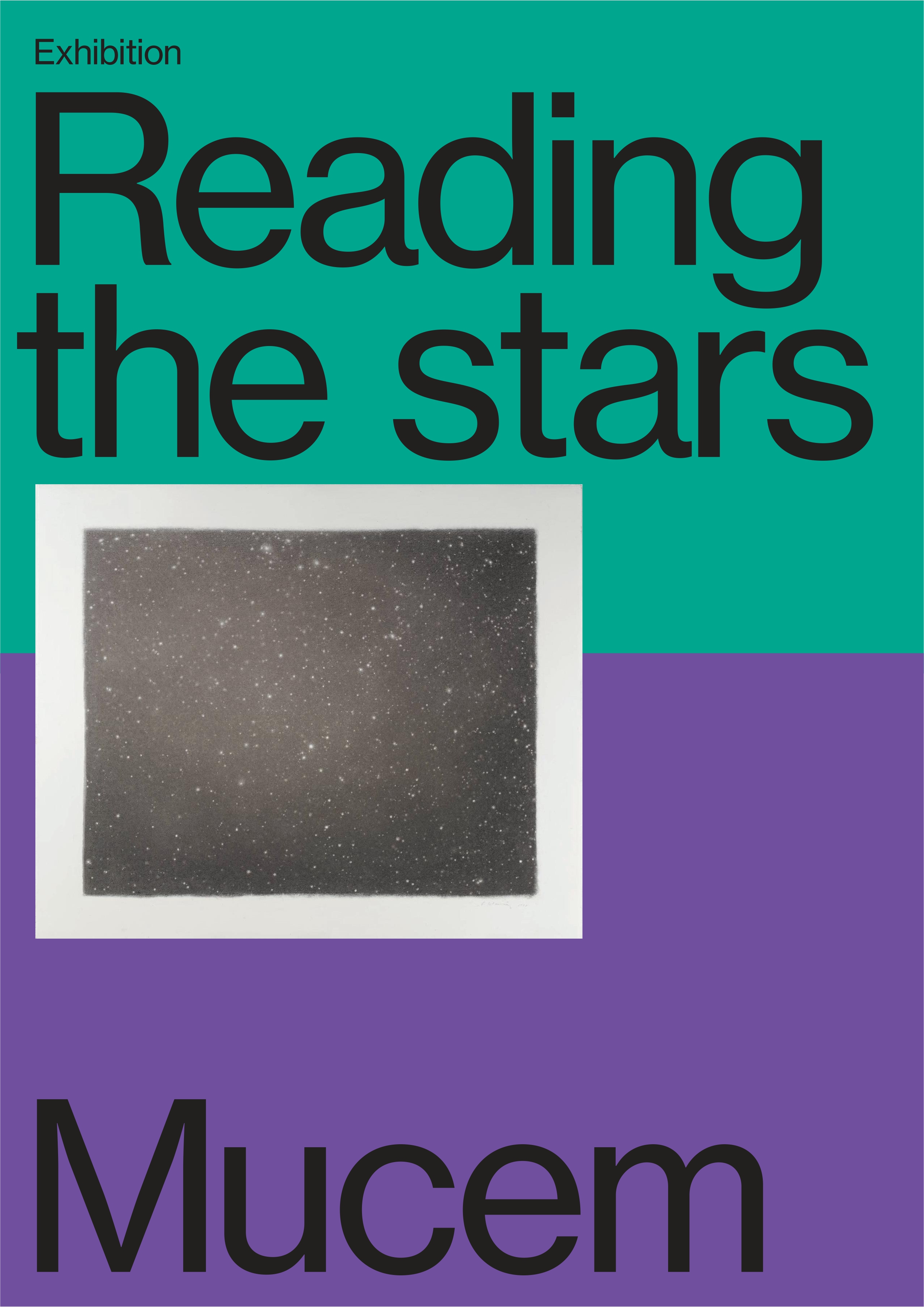
The proposed exhibition “Reading the stars” aims to study our view of the night sky, and our interpretations of the stars and celestial phenomena. Our relationship to the infinite and to the stars that inhabit it has developed according to various religious, scientific, symbolic and even magical points of view.
By choosing to develop an exhibition on the stars, Mucem is seeking to find common denominators between Mediterranean and European societies.
- Alexandria
European cooperation -
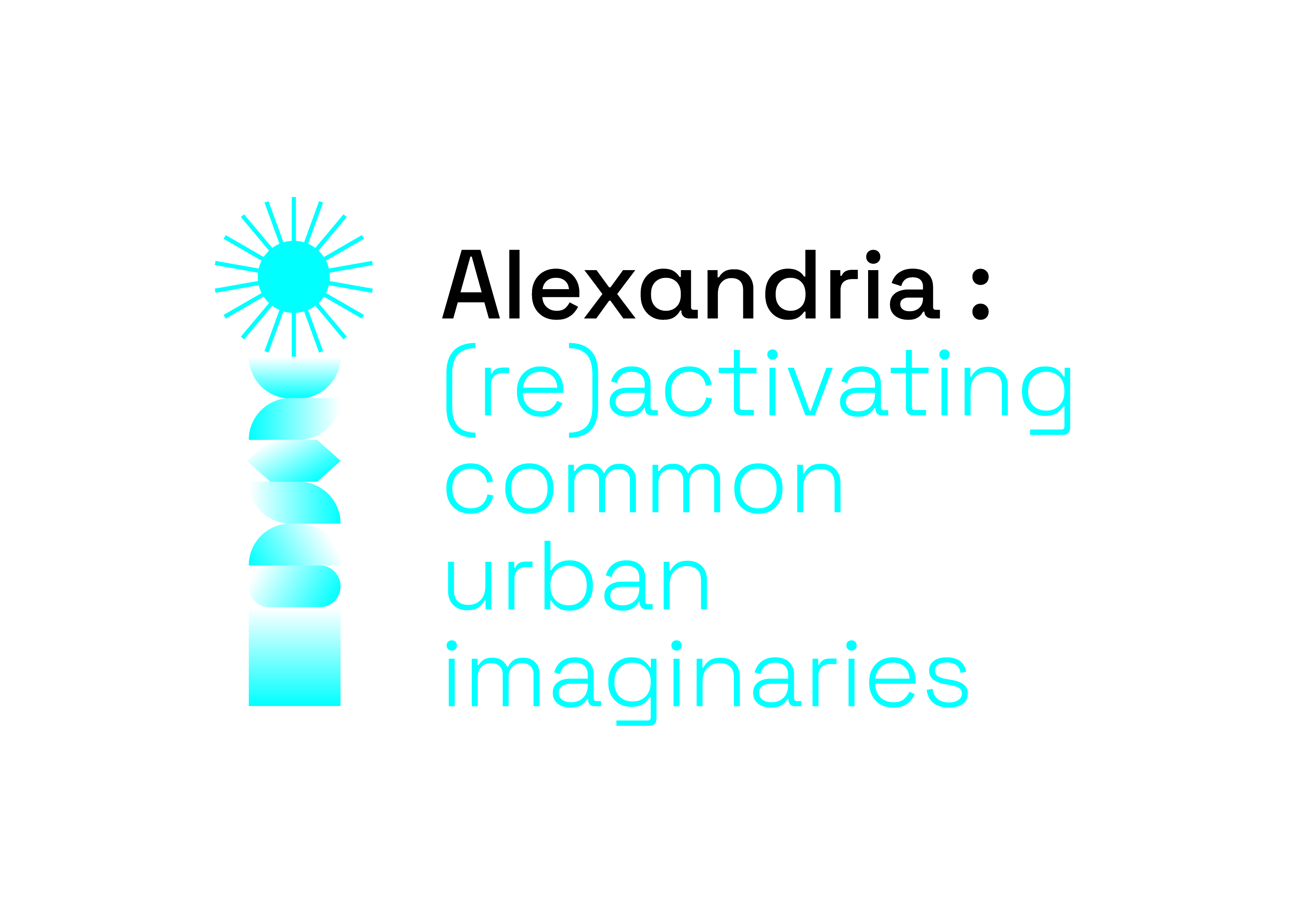
The project "Alexandria: (re)activating common urban imaginaries" (ALEX) aims to take a fresh look at the many challenges faced by the arts and heritage sectors, through the symbolic and historical prism of the city of Alexandria and its influences on urban development in the Mediterranean and beyond. The project is supported by the European Union's Creative Europe program.
To do so, it relied on several tools: the setting up of nomadic artistic residencies between Egypt and Europe, the production of exhibitions in the cities of Marseille and Brussels, as well as the organisation of professional seminars and public forums.
Among other actions, ALEX included two residency cycles which evolved independently but encountered each other at various moments during the project cycle : — The Caravan Residency Program:
Thinking with Alexandria conceived and realized by UNIDEE residency programs at Cittadellarte - Fondazione Pistoletto in Italy and is curated together with Edwin Nasr and in conversation with Sarah Rifky.After their stay in Biella and a stay in Alexandria, the residents had to choose to go to one of the following cities: Athens, Brussels, Marseille and Nicosia, where local social entrepreneurs prepared a rich programme for them to discover the city and to immerse themselves in these cities for their artistic creation.
From 16 to 21 May 2022, the Mucem welcomed the artists Stella Ioannidou, Mark Lofty and Mahmoud El Safadi, so that they could discover the city and immerse themselves in it, through the programme concocted by Alexandre Field, co-founder of the GR13 guide office.
More information on the residency programme
— The School for Sonic Memory Residency, organised by Onassis Stegi in collaboration with Theatrum Mundi:In Marseille, the last of the three cities visited by the School for Sonic Memory residency, the artists were able to build on the interests they had aroused during their weeks in Alexandria and Athens.
During their stay, they explored the city's urban and sonic heritage, including a walk along the banks of the Marseille canal and a visit to the museum and its collections.
More information on the residency programme
— Echoing the exhibition "Alexandria: Past Futures", the Mucem co-produced the installation "In Lieu of A Prism", presented in Alexandria, Egypt from June 1 to 8, 2023. The installation presents productions from two nomadic residencies during which artists traveled to Alexandria, Marseille, Athens, Nicosia, Brussels and Biella.
The installation, accompanied by a public program of discussions, performances and lectures, was held at B'sarya for Arts, the French Institute of Egypt in Alexandria and 6 Bab Sharq.
More information
To learn more about the project and our partners, visit our page Relations Internationales du Mucem, in the "Alexandria" section of our "European Projects."
Leaded by the Museum of European and Mediterranean Civilizations in Marseille, with the support of cultural institution around Europe and in Egypt, the project is supported by the European Union's Creative Europe program.
Alexandria: (re)activating common urban imaginaries

